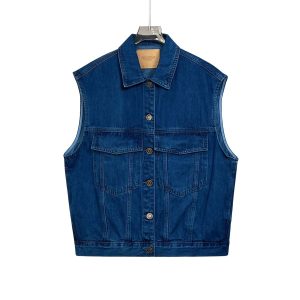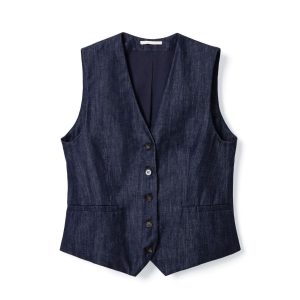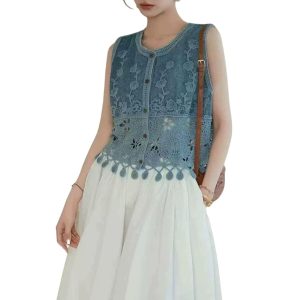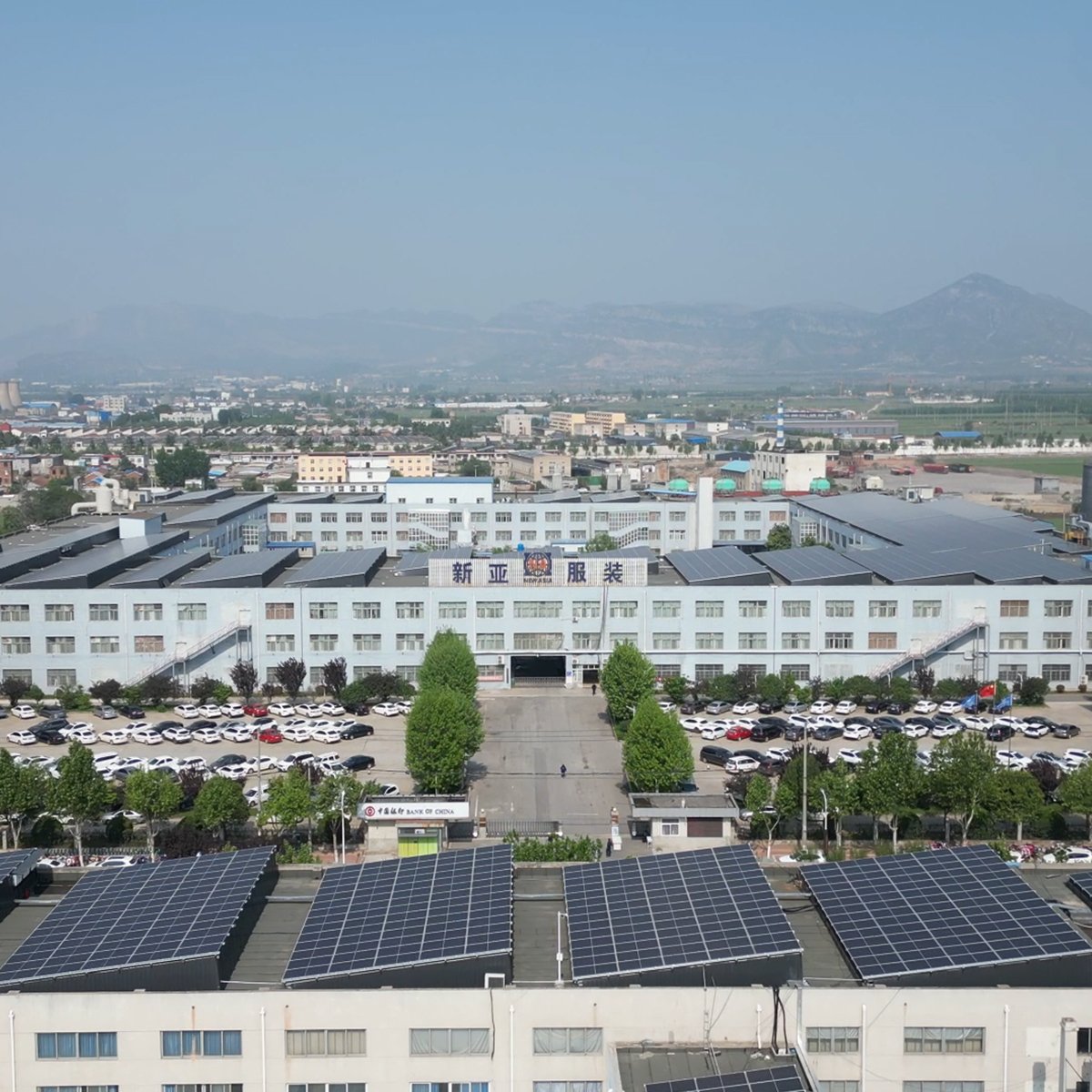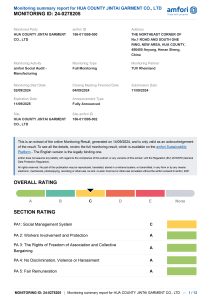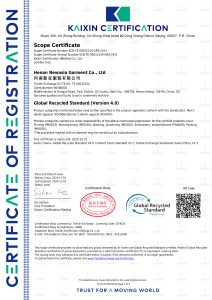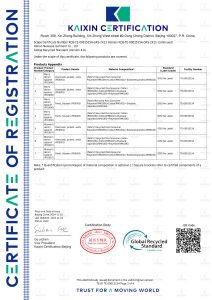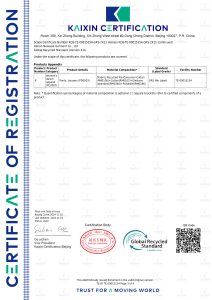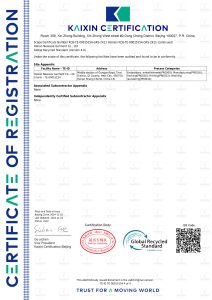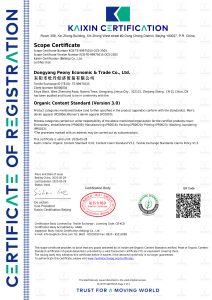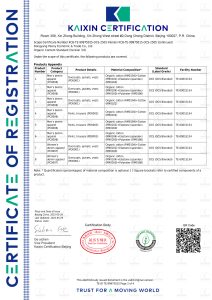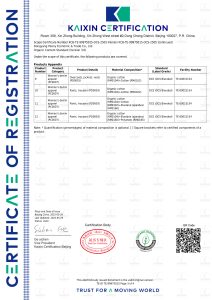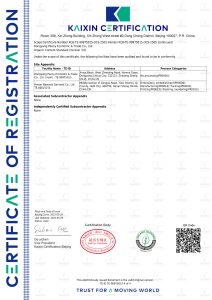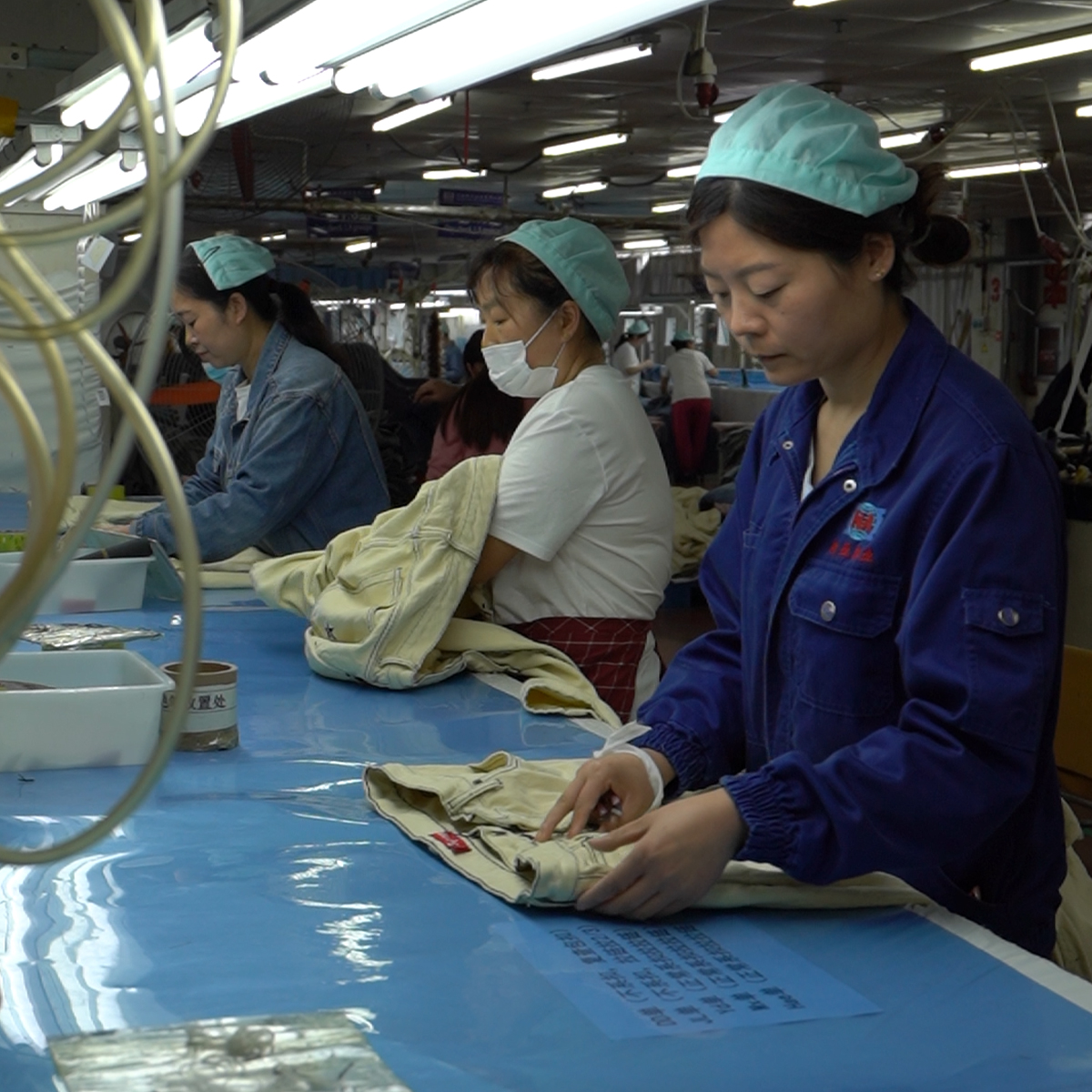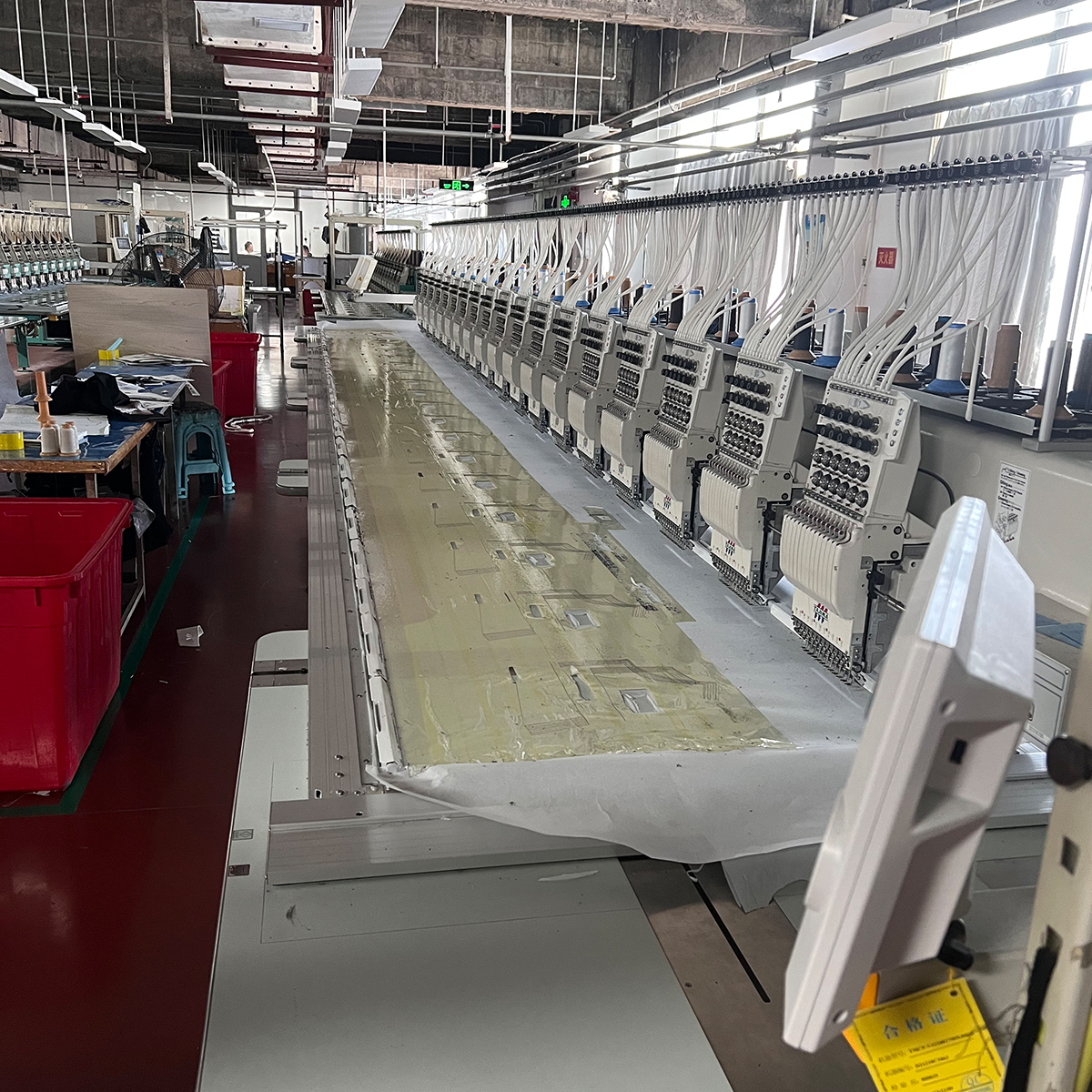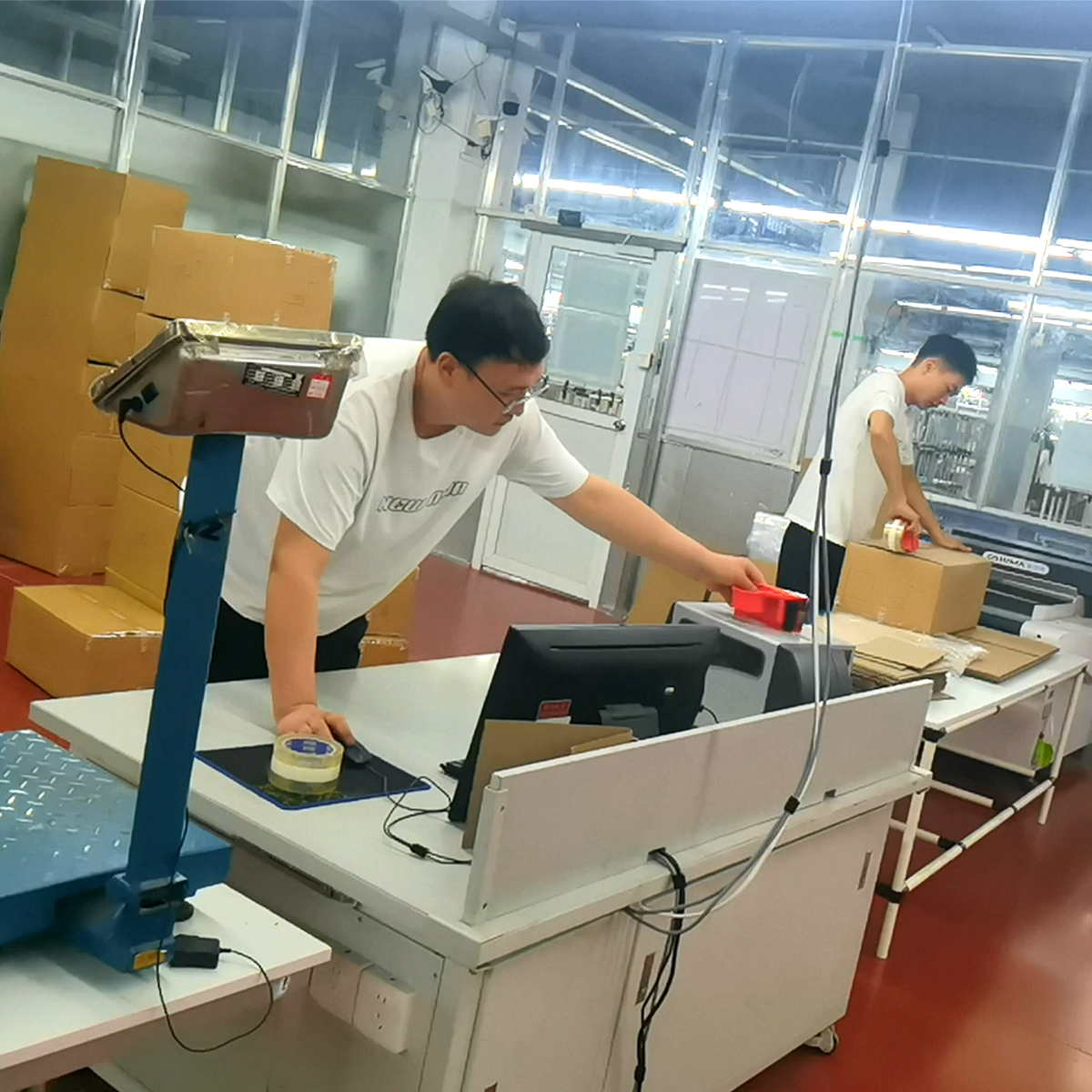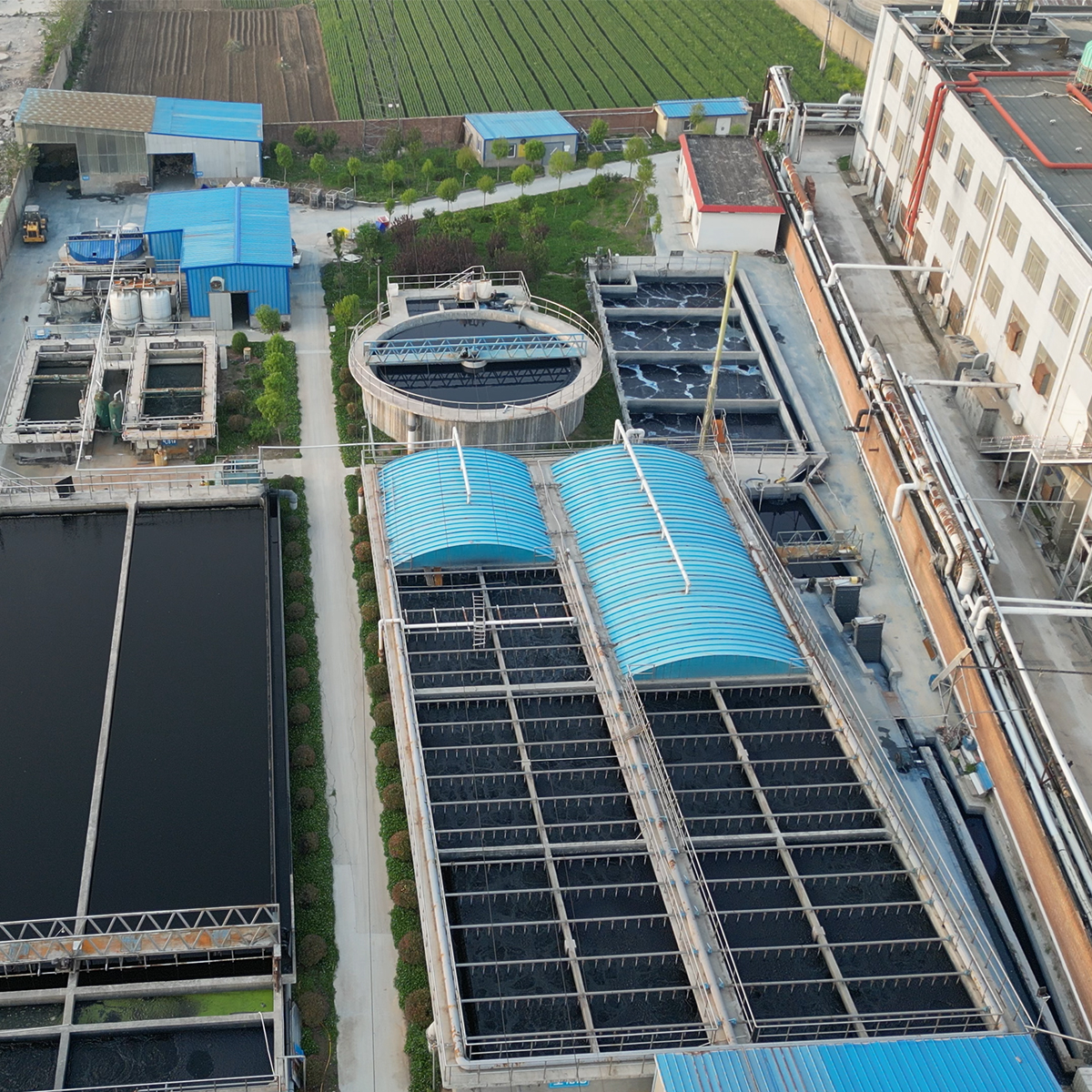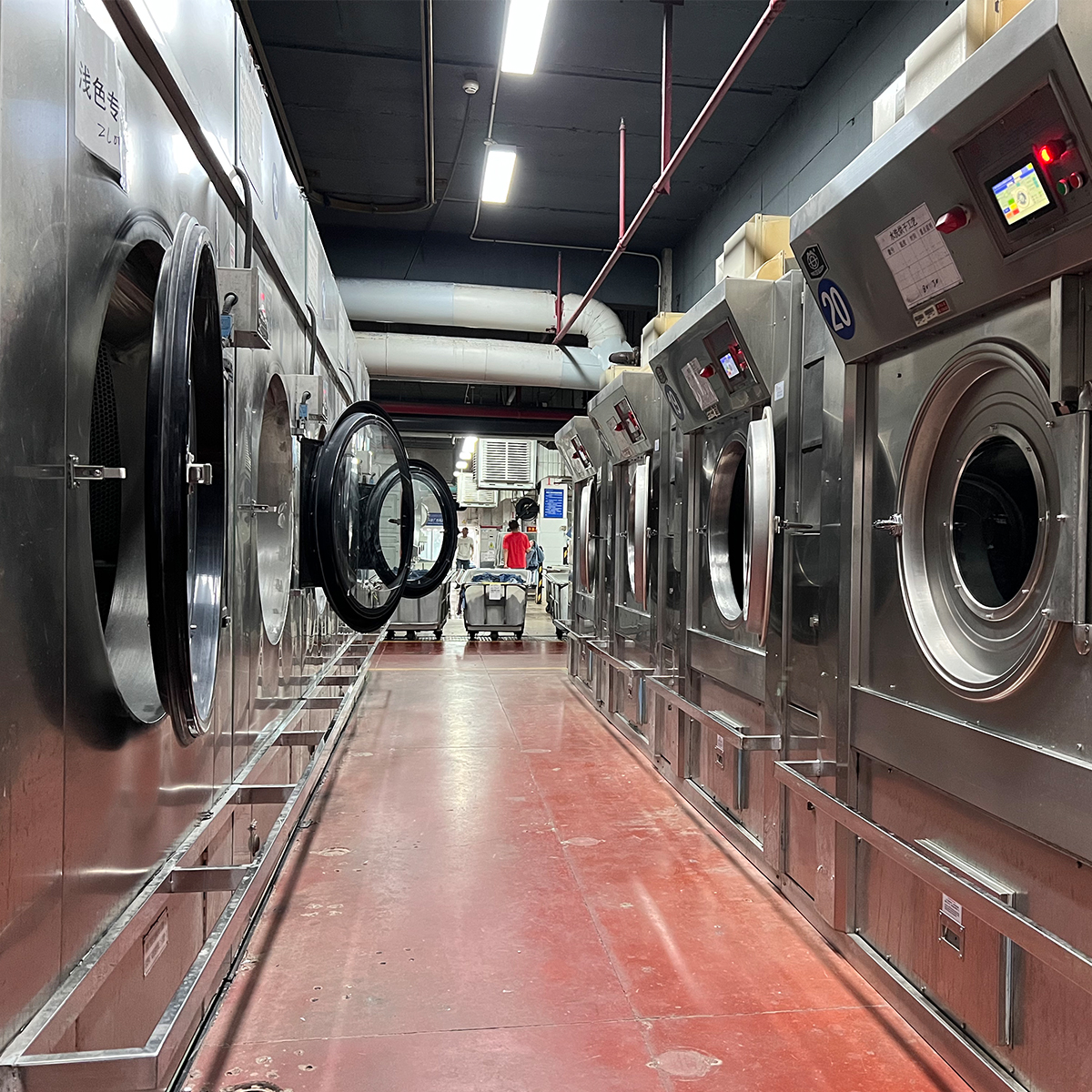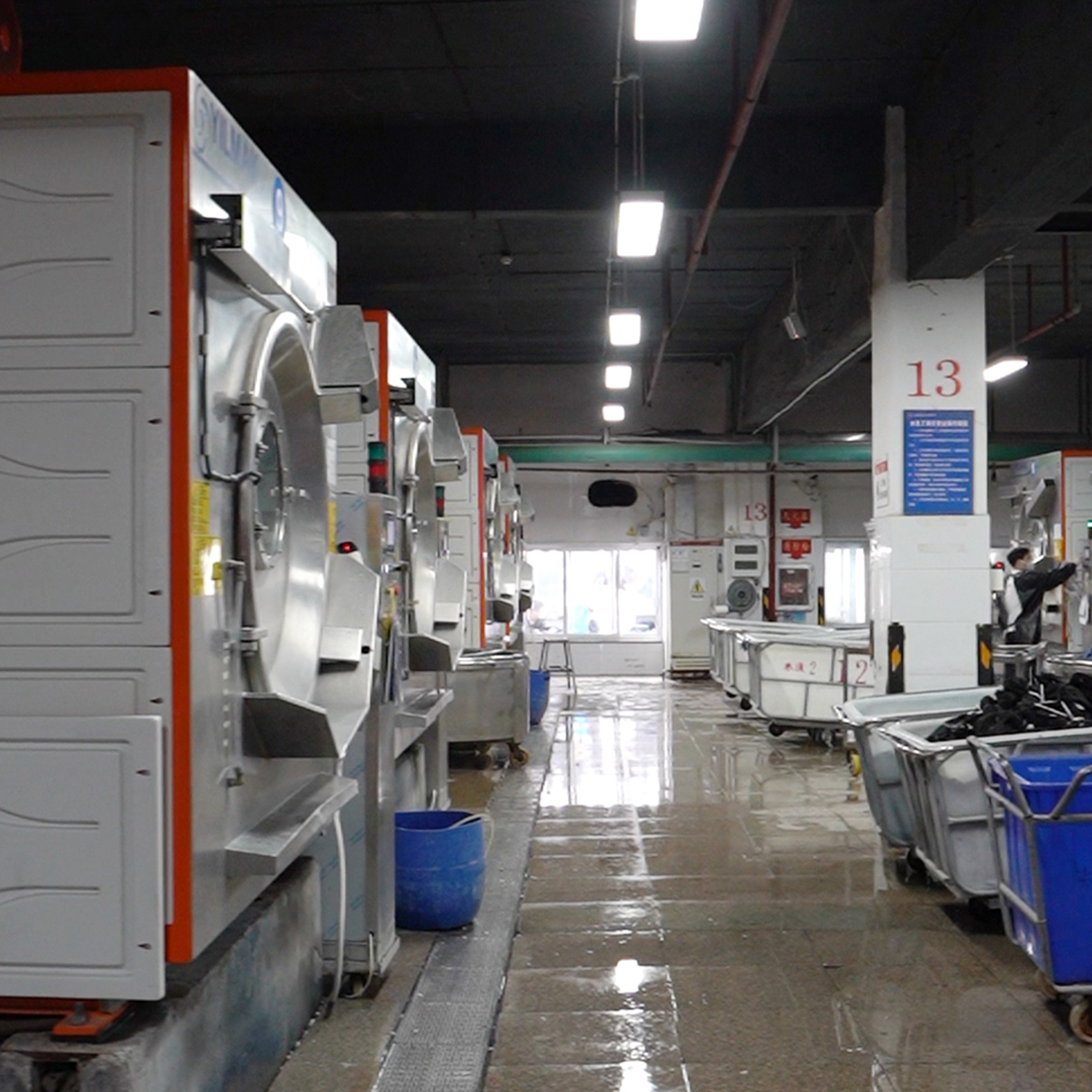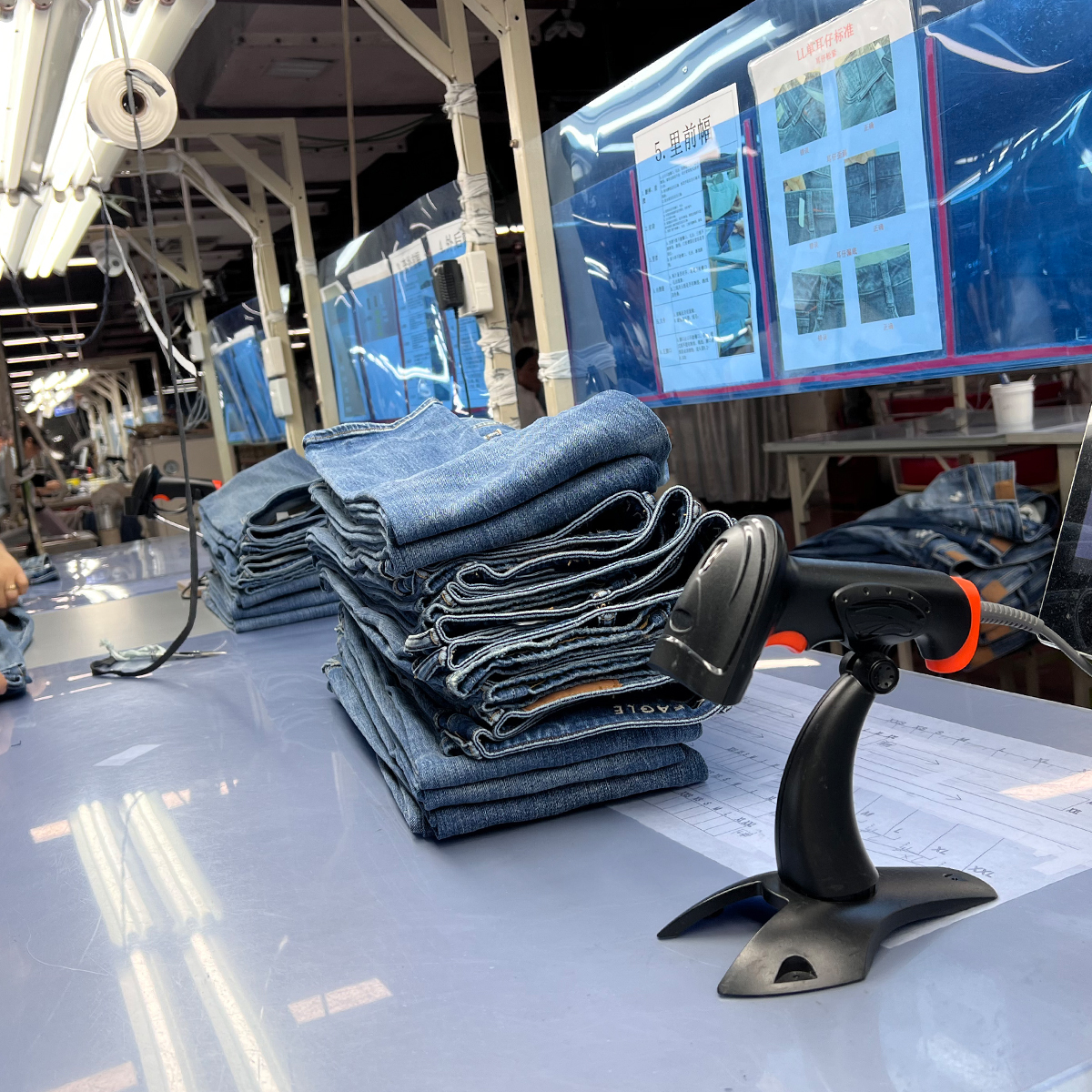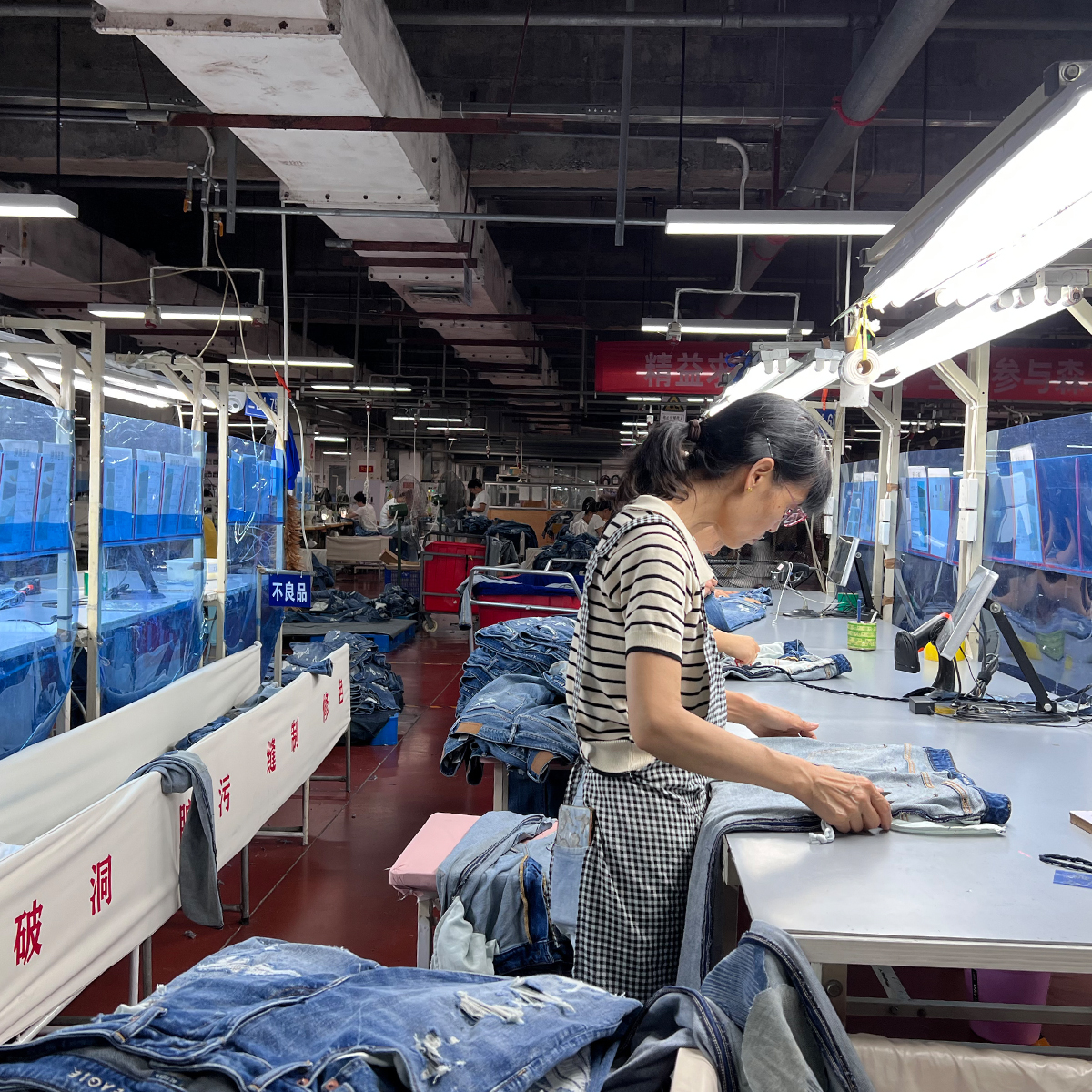Denim jeans, a timeless staple in the world of fashion, have a rich history that dates back to the late 19th century. Originally designed for durability and comfort, jeans have transformed from a simple workman’s garment into a global fashion phenomenon. In this article, we will explore the evolution of denim jeans and take a closer look at some of the leading denim manufacturers that are shaping the industry today.
The Origins of Denim
The term “denim” is believed to have originated from the French fabric “serge de Nîmes.” The fabric became popular in the United States during the Gold Rush when miners sought durable clothing. Levi Strauss, a German immigrant, partnered with tailor Jacob Davis to produce the first riveted denim trousers in 1873. This innovation laid the groundwork for the denim jeans we know and love today.
Denim’s Rise to Popularity
As the 20th century progressed, denim jeans began to gain notoriety as symbols of rebellion and counterculture. Icons like Marlon Brando and James Dean popularized denim on the silver screen, cementing its place in youth culture. By the 1950s, jeans became a staple in casual wear, appealing to a broader audience. As denim’s popularity grew, so did the number of manufacturers entering the market.
Top Denim Jeans Manufacturers and Their Contributions
1. Levi’s
Levi Strauss & Co. is perhaps the most recognized name in denim. Their 501 style, created in 1873, remains an enduring classic. Levi’s innovation in the 1930s introduced adjustable waistbands and the first-ever denim jacket. With their commitment to sustainable practices, they are now focusing on eco-friendly production methods and sustainable cotton sourcing.
2. Wrangler
Founded in 1904, Wrangler has established itself as a prominent player in the denim market, particularly within the cowboy and rodeo communities. Their unique features, like the ‘W’ stitched pocket and the cowboy cut jeans, cater to practicality without sacrificing style. Wrangler also advocates for sustainability through their ‘Worn Wear’ program that promotes denim recycling.
3. Lee
Lee Jeans’ history dates back to 1889, and like its competitors, has made significant contributions to denim fashion. The brand is known for its innovative products, such as the first-ever pair of overalls, designed specifically for workmen. Today, Lee emphasizes comfort and fit, integrating stretch materials into their denim products for better wearability.
4. Diesel
Founded in 1978, Diesel brings a more avant-garde approach to denim. Known for its bold designs and edgy branding, Diesel has positioned itself as a premium denim brand. They are famous for their distinctive washes and treatments, appealing to fashion-forward demographics looking for high-quality, eye-catching denim.
5. Nudie Jeans
Nudie Jeans operates with a strong ethos of sustainability and quality. Founded in Sweden in 2001, the brand is committed to producing organic cotton jeans and promoting repair culture. Their “Free Repair” program encourages consumers to take care of their jeans by offering repairs at no charge, extending the lifespan of the product and reducing waste.
The Denim Production Process
The journey of denim begins with the selection of cotton. Manufacturers look for high-quality cotton fibers, as the quality of the fabric significantly impacts the final product. Once selected, the cotton goes through several processes: spinning into yarn, dyeing—which typically involves the use of indigo for that classic blue color—and weaving, where the fabric is created through a complex interlacing of threads. After weaving, denim undergoes finishing processes that can include washing, distressing, and treatments to achieve various aesthetics.
Denim Trends in Recent Years
With the rise of social media and digital marketing, denim trends have rapidly evolved. Today, consumers are not only looking for products that fit but also for brands that reflect their values. Sustainability has emerged as a key trend, influencing how manufacturers source materials and produce their garments. From eco-friendly dyes to water-saving washing techniques, brands are forced to adapt to consumer demands for ethically produced clothing.
Innovations in Denim Manufacturing
Technology has played an increasingly pivotal role in denim manufacturing. With advancements in fabric technology, manufacturers can now create jeans that offer enhanced comfort and fit. Innovations like laser treatments allow for detailed designs without the environmental impact of traditional washing processes. Furthermore, the integration of smart textiles, which can regulate body temperature or monitor health metrics, adds a futuristic touch to classic denim.
The Future of Denim
As we move forward, the denim industry will likely continue to face challenges and opportunities. The intersection of fashion, technology, and sustainability will shape the future landscape. Brands that successfully balance style and ethics will resonate with the next generation of consumers, who seek authenticity in their fashion choices. As manufacturers innovate and adapt to changing consumer preferences, the evolution of denim will undoubtedly continue, preserving its status as a beloved wardrobe essential.
In conclusion, the story of denim is one of innovation and transformation. From its humble beginnings as a workwear fabric to becoming a global fashion statement, denim jeans are here to stay—fuelled by the creativity of leading manufacturers who continuously redefine trends and techniques.



